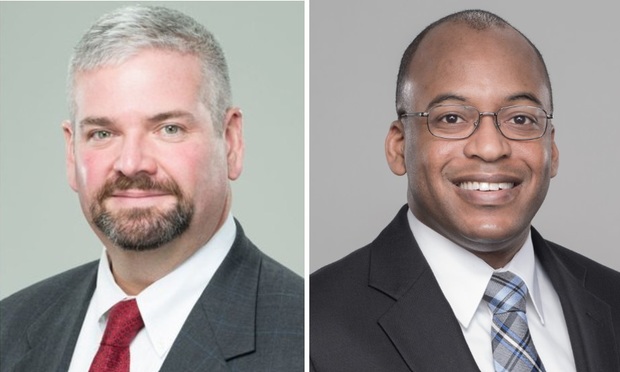In Doe v. Bloomberg, L.P., the Court of Appeals upheld the dismissal of claims against former New York City Mayor Michael Bloomberg and made clear that individual owners of a company may not be held vicariously liable as “employers” under the New York City Human Rights Law (NYCHRL). The plaintiff in this case was an employee of Bloomberg L.P., who sued the company, her supervisor, and Michael Bloomberg, asserting several causes of action arising from alleged discrimination, sexual harassment, and abuse. The Court of Appeals held that Mr. Bloomberg’s status as an owner and officer of Bloomberg L.P. was insufficient to hold him vicariously liable as an “employer” under the NYCHRL for the actions of Ms. Doe’s supervisor. Judge Jenny Rivera wrote a dissenting opinion arguing that the term “employer” should be interpreted broadly to hold all owners accountable for discrimination and all employees subject to the protections of the NYCHRL.
The plaintiff alleged that her direct supervisor engaged in a pattern of serious sexual harassment. She did not allege that Mr. Bloomberg participated in any of the alleged wrongful conduct. Rather, she alleged that Mr. Bloomberg was subject to vicarious liability for her supervisor’s conduct because Mr. Bloomberg was an “employer” under NYCHRL due to his status as the co-founder, chief executive officer, and president of Bloomberg L.P and because he allegedly fostered an environment encouraging sexist and sexually-charged behavior. Mr. Bloomberg moved to dismiss the claims against him. The Supreme Court initially granted the motion, but, upon reargument, denied the motion. A divided Appellate Division, First Department, reversed and dismissed the causes of action against Mr. Bloomberg. The First Department majority ruled that the NYCHRL could not be read to impose vicarious liability on individuals holding an ownership or leadership position in a company because such an expansive liability standard would be in contravention of principles underlying New York corporate law. Two Justices dissented and argued that the complaint should be sustained based on the plain language of the NYCHRL and the general judicial principle that anti-discrimination laws should be liberally construed in favor of plaintiffs. The plaintiff appealed to the Court of Appeals as of right pursuant to CPLR 5601(a).
This content has been archived. It is available through our partners, LexisNexis® and Bloomberg Law.
To view this content, please continue to their sites.
Not a Lexis Subscriber?
Subscribe Now
Not a Bloomberg Law Subscriber?
Subscribe Now
LexisNexis® and Bloomberg Law are third party online distributors of the broad collection of current and archived versions of ALM's legal news publications. LexisNexis® and Bloomberg Law customers are able to access and use ALM's content, including content from the National Law Journal, The American Lawyer, Legaltech News, The New York Law Journal, and Corporate Counsel, as well as other sources of legal information.
For questions call 1-877-256-2472 or contact us at [email protected]


 William T. Russell Jr. and Linton Mann III
William T. Russell Jr. and Linton Mann III




